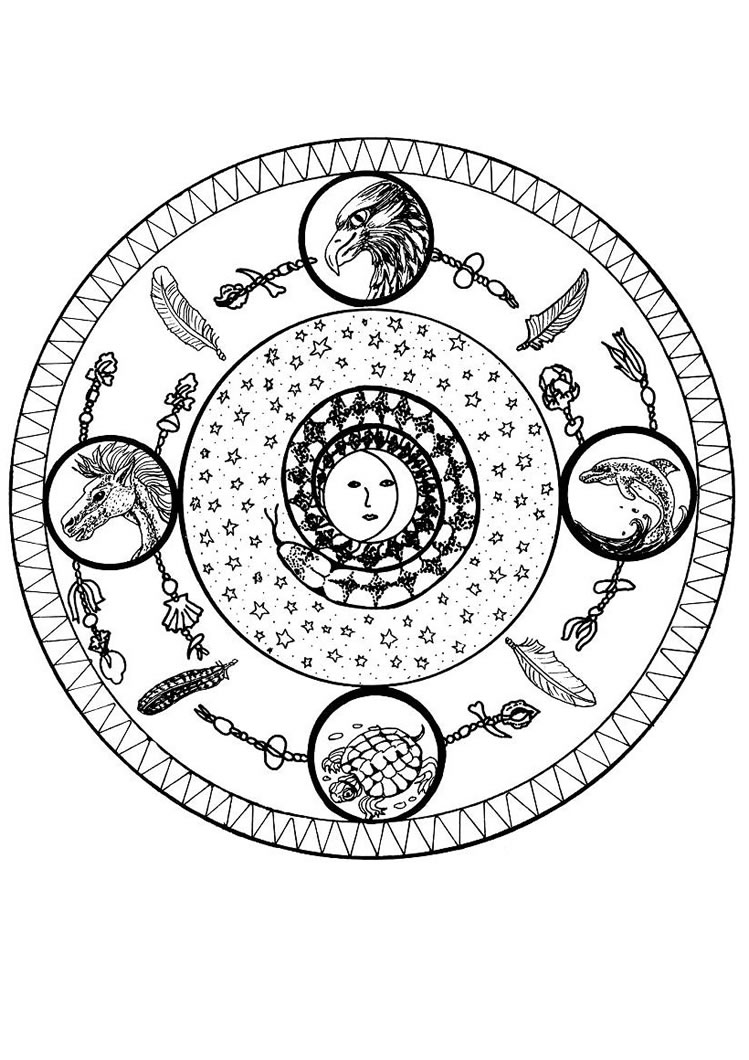 |
| Terence Spencer—The LIFE Images Collection/Getty Images |
Main Attributes
In the Occultpunk system, a character's natural physical and mental capabilities are defined by the five main attributes and three derived attributes. The five main attributes are Vitality, Constitution, Intelligence, Wisdom and Spirit.Vitality is the general physical capabilities of the character. It represents the general ability to perform nuanced tasks with the body or the amount of muscular strength a character possesses.
Constitution represents a character's resilience to physical forces such as harsh temperatures, disease, sleep deprivation and toxic substances.
Intelligence is the measure of a character's intellectual capabilities. This attribute affects the character's general knowledge as well as her areas of academic and occult expertise.
Wisdom represents a character's capability for discernment and problem solving. It is the "street smarts" to Intelligence's "book smarts."
Spirit represents a character's innate occult abilities and connection to the universe. This is the attribute that most strongly affects the casting of spells or the use of Arcane Abilities.
Derived Attributes
The three derived attributes receive scores that are the sum of two or more main attributes. These derived attributes are mainly used as defensive scores and represent the physical and spiritual health of the character.Reflex (Vitality+Intelligence) is the character's ability to react in tense situations. It dictates a character's ability to avoid physical attacks and then she is able to take an action during an encounter.
Body (Vitality+Constitution) is an abstraction of the character's physical health and resistance to attacks. This score can drop during a physical altercation if a character receives damage to their person. The character is rendered unconscious should the score reach 0. If the score drops to -1 or less, the character's body is dead.
Soul (Intelligence+Wisdom+Spirit) is an abstraction of the character's spiritual health, much like Body represents physical health. Like Body, the Soul attribute can be damaged during encounters, usually by means of magic. If a character's Soul score reaches 0, the character will become Undead. If the Soul score then drops to -1 or less, the character's spiritual essence will be destroyed and the physical body will also cease to function.
It should be noted that spiritual death is much more difficult to overcome than physical death.
Attribute Scores
Each main attribute has a score between 0 and 5. A level 0 character has 12 points to distribute between the five attributes as the player wishes. However, keep in mind that a character with a score of 0 in any attribute will have severe disabilities and may be a challenge to role play.Use the following table to gauge the relative level of ability for each attribute score.
Score
|
Capability
|
0
|
Severe disability.
|
1
|
Below average.
|
2
|
Average.
|
3
|
Above average.
|
4
|
Exceptional.
|
5
|
The human limit.
|
Elements
Each of the five main attributes is associated with one of the five primal elements. Based on the scores of the main attributes, each character will have a dominate element that affects their connection to the cosmos. A character's dominate attribute is dictated by the main attribute with the highest score. If two or more attributes share the same high score, the player simply decides which of the eligible attributes will dictate the element.
Attribute
|
Element
|
Vitality
|
Fire
|
Constitution
|
Earth
|
Intelligence
|
Air
|
Wisdom
|
Wind
|
Spirit
|
Spirit
|
A character's dominate element does not have any pervasive effects on the game mechanics, but can be used by the Game Master for special situations, reflecting the chaotic nature of magic.

No comments:
Post a Comment